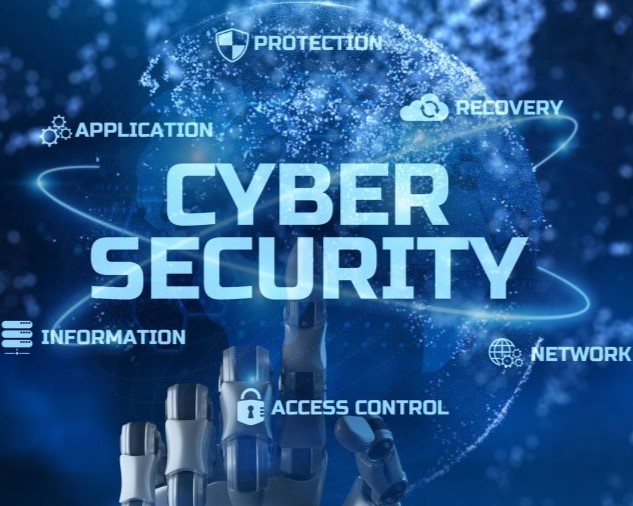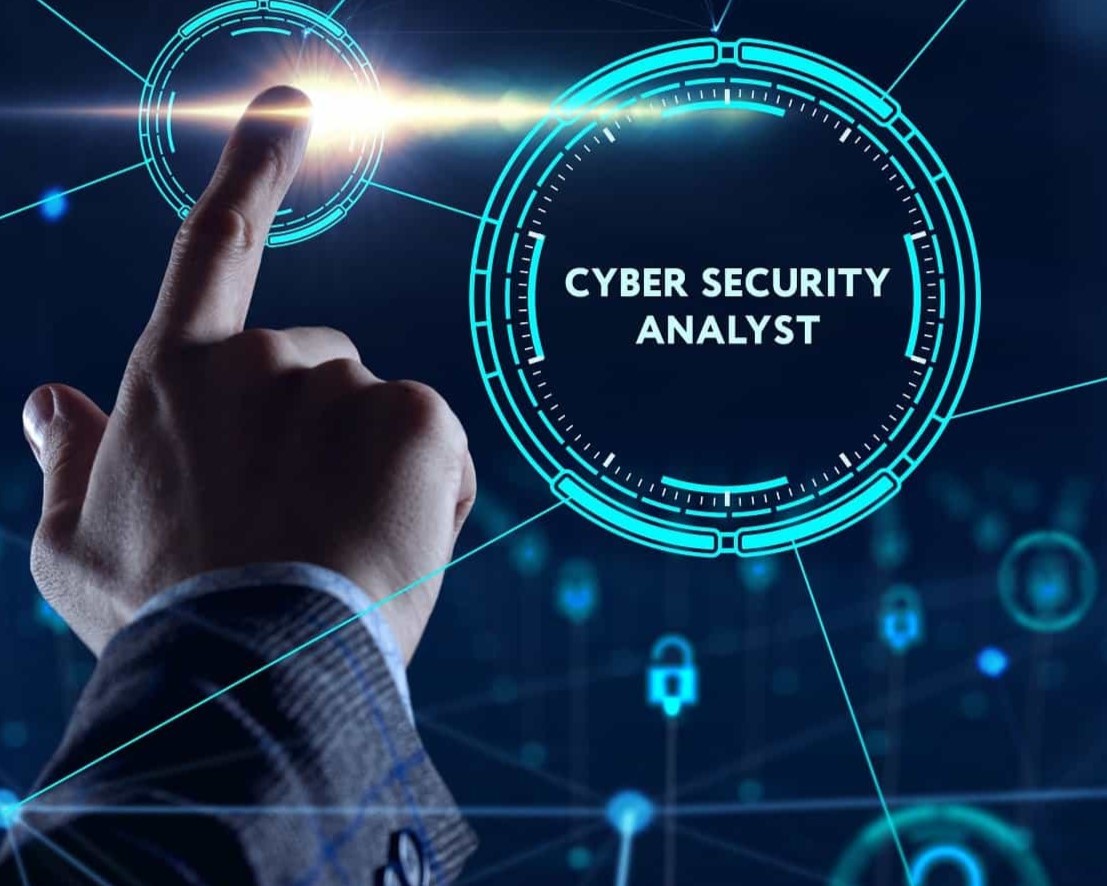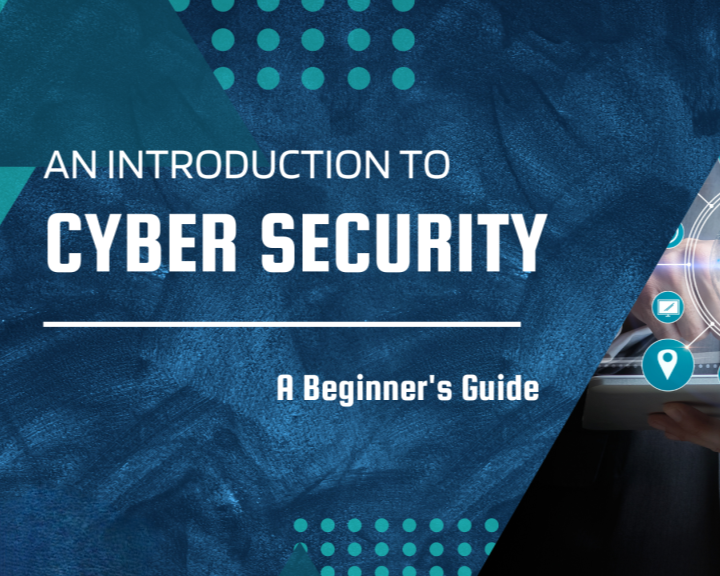Description
The Introduction to Cybersecurity course is designed to provide a comprehensive understanding of the principles, practices, and technologies essential to securing information systems and protecting data. It is ideal for individuals looking to start a career in cybersecurity and professionals seeking to enhance their knowledge of cybersecurity fundamentals.
Course Objectives:
- Understand the foundational concepts of cybersecurity, including the CIA triad (Confidentiality, Integrity, Availability).
- Identify common types of cyber threats and vulnerabilities.
- Learn the basic risk management principles and how to implement adequate security measures.
- Explore cybersecurity frameworks and standards like NIST, ISO/IEC 27001, and CIS Controls.
- Gain practical skills in identifying, preventing, and responding to security incidents.
Key Topics:
- Introduction to Cybersecurity:
- Definition and importance of cybersecurity
- Overview of cyber threats and attacks
- The role of cybersecurity in organizations and society
- Cyber Threats and Vulnerabilities:
- Types of cyber threats: malware, phishing, ransomware, etc.
- Common vulnerabilities in systems and applications
- Techniques used by attackers to exploit vulnerabilities
- Cybersecurity Principles and Practices:
- The CIA triad: Confidentiality, Integrity, Availability
- Defense-in-depth strategy
- Security policies and procedures
- Risk Management:
- Identifying and assessing risks
- Risk mitigation strategies
- Incident response planning and execution
- Cybersecurity Technologies:
- Firewalls, intrusion detection/prevention systems, and antivirus software
- Encryption and cryptography
- Network security and secure communication protocols
- Legal and Ethical Issues in Cybersecurity:
- Overview of cybersecurity laws and regulations
- Ethical considerations in cybersecurity practices
- Privacy issues and data protection
- Cybersecurity Frameworks and Standards:
- Introduction to NIST Cybersecurity Framework
- ISO/IEC 27001 standards
- Center for Internet Security (CIS) Controls
- Emerging Trends in Cybersecurity:
- Cloud Security
- Internet of Things (IoT) security
- Artificial Intelligence (AI) in cybersecurity
Learning Methods:
- Lectures and Readings: Engage with expert instructors through lectures that provide a solid theoretical foundation in cybersecurity.
- Hands-On Labs: Apply what you’ve learned in simulated environments to gain practical experience in identifying and mitigating security threats.
- Case Studies: Analyze real-world cybersecurity incidents to understand the application of theoretical concepts in practice.
- Group Discussions and Projects: Collaborate with peers to solve complex cybersecurity challenges and develop critical thinking skills.
Assessment and Certification:
- Quizzes and assignments to test understanding of key concepts
- Practical lab assessments to evaluate hands-on skills
- Final project to demonstrate the ability to apply cybersecurity knowledge in a real-world scenario
- Certificate of completion for students who successfully pass the course assessments
Target Audience:
- Aspiring cybersecurity professionals seeking to enter the field
- IT professionals looking to expand their knowledge of cybersecurity
- Business leaders and managers interested in understanding cybersecurity risks and strategies
- Anyone with an interest in learning about the protection of information systems and data
Prerequisites: No prior cybersecurity knowledge is required. However, a basic understanding of computer networks and operating systems will be beneficial.
Duration: This course is designed to be completed in 10 weeks, with an estimated 5-7 hours of study per week.
Conclusion: By the end of this course, students will have a solid understanding of cybersecurity principles and practices, enabling them to protect information systems and respond to cyber threats effectively. This course serves as a stepping stone for further studies in cybersecurity and prepares students for entry-level positions in the field.





Gloria –
“I needed to get a solid foundation in the field. The curriculum was comprehensive, covering everything from the CIA triad and risk management to emerging trends like cloud security. The lectures were engaging, and the hands-on labs were invaluable for putting theory into practice. Even working solo, the case studies and assignments helped me develop practical skills for identifying and mitigating security threats. The material was well-structured and the duration was perfect, allowing me to balance it with other commitments. I now feel confident in my understanding of cybersecurity principles and well-prepared for further learning and career opportunities in this exciting domain.”
Chukwuka –
“This ‘Introduction to Cybersecurity’ program provided me with a fantastic foundation in the field. The content was comprehensive, covering everything from basic principles like the CIA triad to more advanced topics like risk management and cybersecurity frameworks. I particularly appreciated the blend of lectures, hands-on labs, and real-world case studies, which made learning engaging and practical. The instructors were knowledgeable and the material was presented in a clear, easy-to-understand manner. It’s an excellent starting point for anyone looking to break into cybersecurity or simply improve their understanding of digital security.”
Abibat –
“I found the ‘Introduction to Cybersecurity’ incredibly valuable. The content was comprehensive, covering everything from foundational concepts like the CIA triad to emerging trends like cloud and IoT security. The lectures were engaging and the case studies really helped solidify my understanding of how theoretical concepts apply in real-world situations. Even working solo, I was able to gain practical skills through the hands-on labs, and I now feel much more prepared to tackle cybersecurity challenges and pursue further studies in this field. It was a great learning experience.”